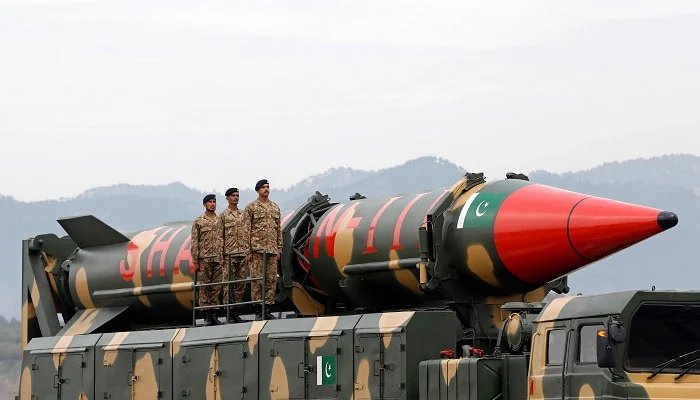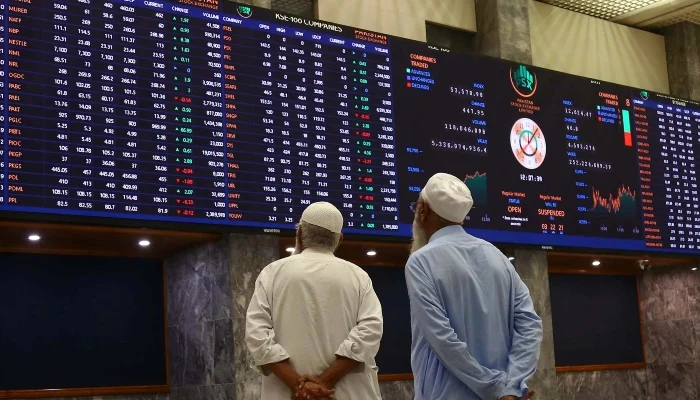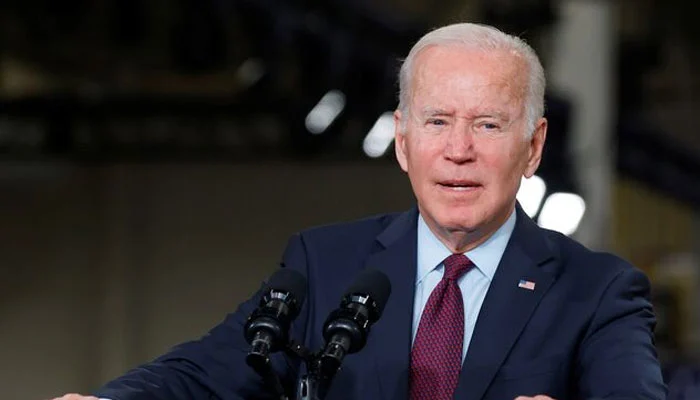US Sanctions Have “Zero Effect” on Pakistan: Former Envoy
Former Pakistani ambassador to the United Nations, Maleeha Lodhi, has dismissed recent US sanctions on Pakistan as inconsequential, asserting that they will have “zero effect.” Speaking on Geo News’ program Geo Pakistan, Lodhi remarked that such sanctions are neither new nor impactful, referencing Pakistan’s longstanding experience with US-imposed restrictions.
Key Points Highlighted by Maleeha Lodhi
- Historical Context of Sanctions
- Lodhi noted that Pakistan has faced numerous sanctions from the US since the inception of its nuclear program.
- Despite decades of restrictions, Pakistan has maintained its strategic capabilities without succumbing to external pressure.
- Allegations of Double Standards
- Lodhi criticized the US for its discriminatory approach, pointing out that India has not faced similar sanctions despite possessing a more advanced missile program.
- She termed this as a “clear double standard,” underscoring that US actions seem selective and politically motivated.
- Shifting US-Pakistan Relations
- Pakistan is no longer a priority for US foreign policy, particularly after the American withdrawal from Afghanistan.
- Lodhi observed that the Trump administration’s pivot towards countering China further sidelined Pakistan in US strategy.
- Call for Domestic Unity
- Lodhi emphasized the importance of national unity regarding Pakistan’s nuclear program, discouraging political point-scoring on this critical issue.
- She reiterated that Pakistan’s nuclear program reflects the nation’s resolve to safeguard its sovereignty and security.
US Perspective on Sanctions and Missile Development
Recent Developments:
- A senior White House official, Deputy National Security Adviser Jon Finer, recently raised concerns over Pakistan’s development of long-range ballistic missile capabilities, suggesting that these could eventually strike targets beyond South Asia, including the United States.
- On Wednesday, the US State Department announced additional sanctions, targeting four entities involved in Pakistan’s ballistic missile program.
- The sanctions were justified by the “continuing proliferation threat” posed by Pakistan’s missile development.
Official Statements:
- Principal Deputy Spokesperson Vedant Patel reaffirmed the US’s longstanding policy of denying support to Pakistan’s long-range missile program.
Lodhi’s Counterarguments and Outlook
Lodhi dismissed the US concerns as exaggerated and strategically biased. She argued that Pakistan’s nuclear and missile programs are purely defensive, developed in response to regional threats and as a means to ensure national security.
While sanctions might complicate specific aspects of technological procurement, Lodhi contended that they would not undermine Pakistan’s strategic objectives or economic stability.
Analysis
The debate over US sanctions highlights the strained and evolving nature of US-Pakistan relations. While the US perceives Pakistan’s missile development as a proliferation threat, Pakistan sees its strategic program as essential to its defense posture in a region with asymmetric power dynamics, particularly vis-à-vis India.
Pakistan’s experience in managing sanctions and its focus on indigenous technological development suggest that the immediate impact of these measures will likely remain limited. However, the sanctions could further strain bilateral ties and complicate Pakistan’s efforts to strengthen its global standing.
This development underscores the need for diplomatic engagement and dialogue to address mutual concerns while avoiding actions that exacerbate regional tensions.




